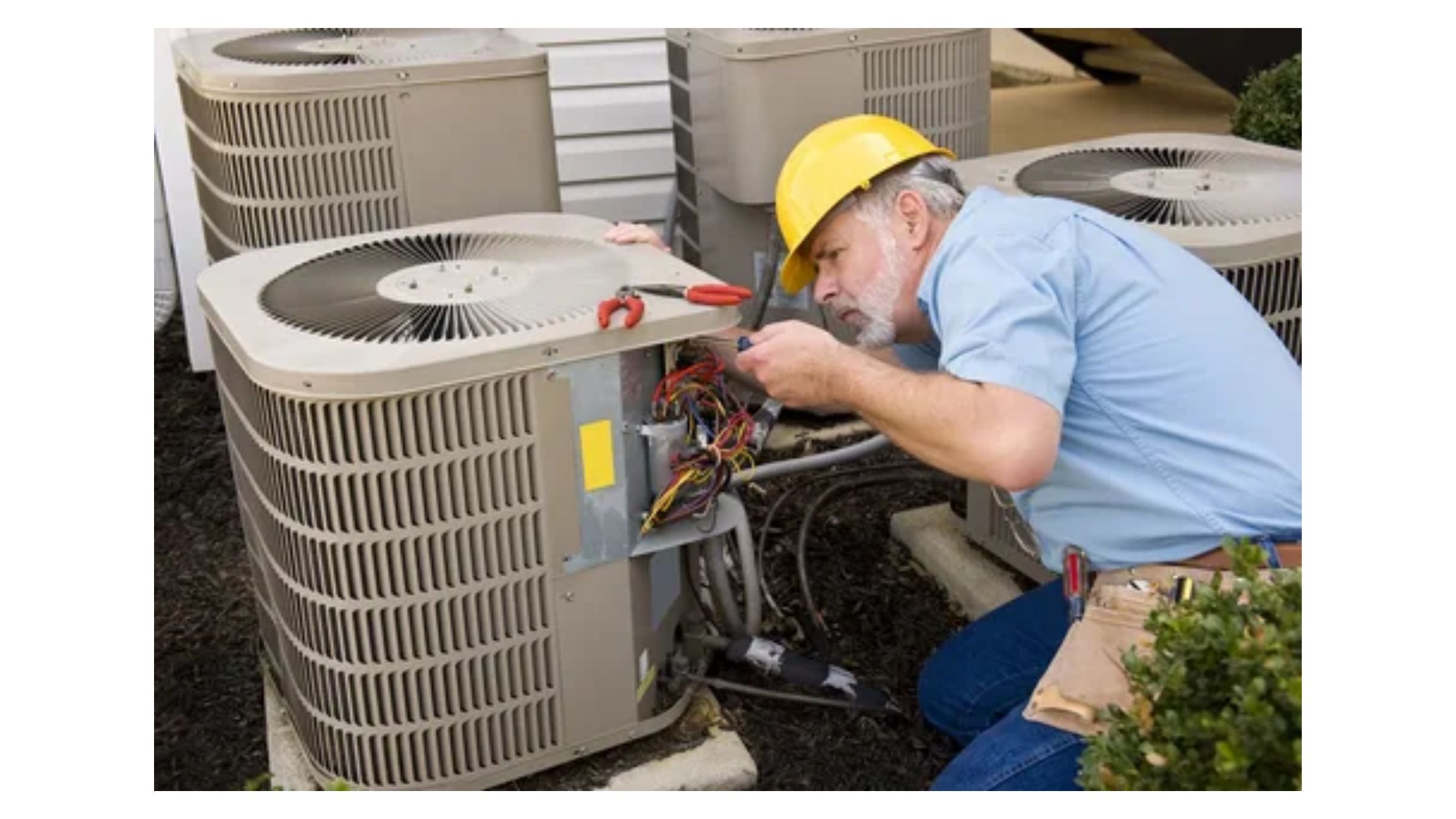Top 7 Questions to Ask Before Installing a New AC System

Strong 8k brings an ultra-HD IPTV experience to your living room and your pocket.
Choosing the right air conditioning system is crucial for long-term comfort and energy efficiency, whether replacing an old unit or installing one in a new home.
Below, we’ve outlined seven important questions you should ask your HVAC contractor before installing a new AC system and tips for ongoing AC maintenance and repair.
What Size AC Unit Do I Need?
The correct size is one of the most critical factors in choosing an AC system. An oversized unit will cycle on and off too frequently, wasting energy, while an undersized unit will struggle to cool your home, causing wear and higher energy bills.
Your contractor should perform a load calculation to determine the correct size based on factors like square footage, insulation, and climate. Be sure to ask how they assess your home's cooling needs.
Is the System Energy Efficient?
With rising energy costs, selecting an energy-efficient system is essential. Ask about the unit's SEER (Seasonal Energy Efficiency Ratio) rating. A higher SEER rating indicates a more energy-efficient system.
Your contractor should also advise on energy-saving features like thermostats, zoning systems, and technologies that improve efficiency. Energy-efficient systems reduce utility bills and minimize environmental impact.
What’s the Total Cost of Installation?
AC installation costs vary depending on the unit, complexity, and upgrades. It’s important to get a detailed estimate before work begins.
Ask about the cost breakdown, including the unit, labor, permits, and services such as ductwork modifications. Ensure the estimate includes all potential fees to avoid surprises later.
What Type of AC System is Best for My Home?
There are various types of AC systems, including central air, ductless mini-split systems, and window units.
Depending on your home’s layout, insulation, and cooling needs, one type may be more suitable than others. Ask your contractor to explain the pros and cons of each option to help you make an informed decision.
What Are the Warranty Details?
A good warranty is crucial for protecting your investment. Be sure to ask about the warranty length on both the unit and the installation work.
A typical AC system warranty covers parts for 5 to 10 years, but some might have shorter warranties. Clarify what is included and whether any extended warranty options are available.
What’s the Installation Timeline?
Understand the installation timeline and potential disruptions to your daily routine. Installation time can vary depending on the system and the job's complexity, but most residential installations can be completed within one to two days.
Your contractor should be able to provide an estimated timeline and any preparation you need to do beforehand, such as clearing space for the installation crew.
How Will You Handle Permits and Inspections?
Many areas require permits for AC installation. Ask your contractor how they handle permits and inspections. A reputable contractor should take care of the necessary permits and ensure the installation meets local codes and regulations. This can help avoid future problems or fines.
Key Considerations for AC Installation and Maintenance
Once you’ve installed your new AC system, ongoing maintenance is essential to keep it running smoothly and efficiently. Regular AC maintenance ensures your system operates at peak performance and extends its lifespan.
Here are eight tips for AC installation and maintenance:
Regular Filter Changes
Replacing your air filter every 1-3 months prevents dust and debris from clogging the system and improves airflow.
Check for Refrigerant Leaks
Low refrigerant levels can reduce your AC system’s cooling efficiency. A technician should check the refrigerant levels during maintenance.
Clean Coils and Blowers
The evaporator and condenser coils accumulate dirt over time, reducing efficiency. Annual cleaning ensures proper heat exchange.
Monitor Thermostat Function
Ensure your thermostat is working correctly and is calibrated accurately. A malfunctioning thermostat can lead to inconsistent temperatures and higher energy use.
Seal Ducts
Leaky ducts can waste cool air and increase your energy bill. Properly sealed ducts help your system run more efficiently.
Regular Maintenance & Repair
Don’t wait for a breakdown to address issues. Schedule regular AC maintenance and repair services to keep your system functioning properly, preventing unexpected repairs and costly replacements.
The End Note
Choosing the right AC system and maintaining it properly optimizes comfort and efficiency. Asking the right questions about system size, energy efficiency, and warranties before installation helps you make an informed decision.
Regular maintenance and timely repairs ensure long-term performance, saving money and improving comfort.
Note: IndiBlogHub features both user-submitted and editorial content. We do not verify third-party contributions. Read our Disclaimer and Privacy Policyfor details.


